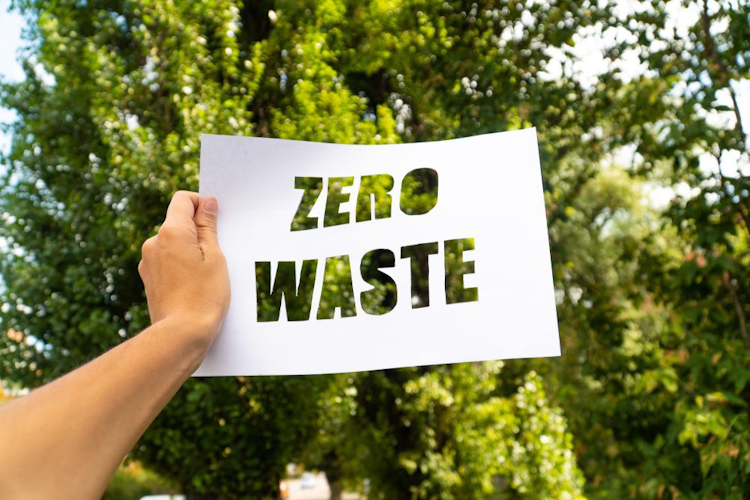
Zero waste is a global movement, which comes from the citizens, not the politicians, who want to respond to the challenges of climate change. This movement is inspired by the famous phrase of American President John Fitzgerald Kennedy “Ask not what your country can do for you, ask what you can do for your country”. Today you need to ask yourself what you can do for the planet. Changes in mentality must come from citizens to fight effectively against climate change. Protection can also come from everyday actions. This is the philosophical principle of zero waste. Whatever our situation, we can act to preserve the planet.
A brief history of the zero waste movement
The zero waste movement started in the United States in the state of California at the end of the 1980s. This movement was initially developed in the hippy community. It is one of the legacies of Hippy culture. It was during these years that we began to become aware of the problems, especially in large Western cities. Zero waste and minimalism have become obvious to some, it is our thirst for possession of material goods that leads us to destroy our planet.
The democracy of the movement
The pioneer of the movement is Béa Jonson among the general public. She popularized the movement with her book entitled “Zero waste, how I made 40% savings by reducing my waste to less than a liter per year! “. She also became a blogger. The other factor that raised awareness of the need to reduce our waste is the discovery of the plastic ocean in the Pacific Ocean. This allowed us to make the link between our lifestyles and its consequences on the planet. In Nevada and Reno in particular, in 2001, we began to see the emergence of the zero waste and sustainability movement.
Definition of zero waste
Definition Wikipedia.org
Zero waste is a holistic strategy for reducing the amount of waste produced by industrial civilization. It is based on the one hand, on the modification of production processes by encouraging the re-design and life cycles of products. It is also based on the recovery of waste.
According to waste management experts at Reno Dumpster Rental Services, it is also defined as the practices aimed at minimizing waste during the different stages of production.
What is zero waste
The 5 commandments of zero waste
Zero waste is based on five principles that everyone can implement in their daily life, including the goal of moving towards zero waste.
- Refuse: everything you don’t need, because sometimes we tend to accept everything in everyday life, everything that is free, even, we are not going to use in the hope that one day we will use it. Refuse all non-reusable products that could pose a danger to you and the planet.
- Reduce: some products are not their cleaner or reusable equivalent, in this case their use must be reduced as much as possible. In this case, you must have minimalist use in your products.
- Reuse: in everyday life, many products can be used several times, but often, we tend to prefer to throw them away because their replacement cost is very low. We must adopt the right attitude even before purchasing the product. Ban non-reusable products from our shopping list when possible. For example, preferred bags made of fabric or other recyclable materials rather than plastic bags. To do your shopping, you can visit in flea markets and avoid living in a dressing room.
- Recycle: in Nevada, only 39% of our waste is recycled in 2022. For household waste, this rate increases to 20% of our bins. This recycling rate is due to several reasons: waste is not placed in the correct bin and the lack of local political will.
- Compost: compost is the application of Antoine Lavoisier’s maxim “Nothing is lost, nothing is created, everything is transformed”. It is to return to earth what it gave us. Your food scraps will be more useful in a compost than in the trash.
Zero waste is a simpler way of life. Even before purchasing a product, you have to ask yourself if it will be possible to either reuse or recycle. Choose products that offer the lowest possible environmental impact.